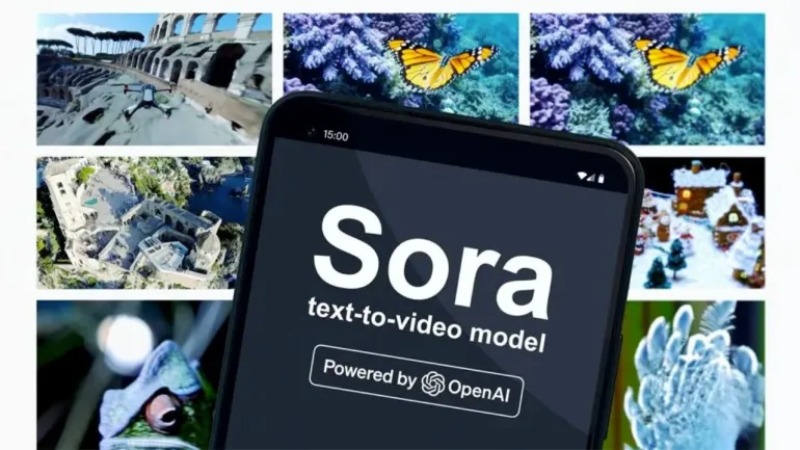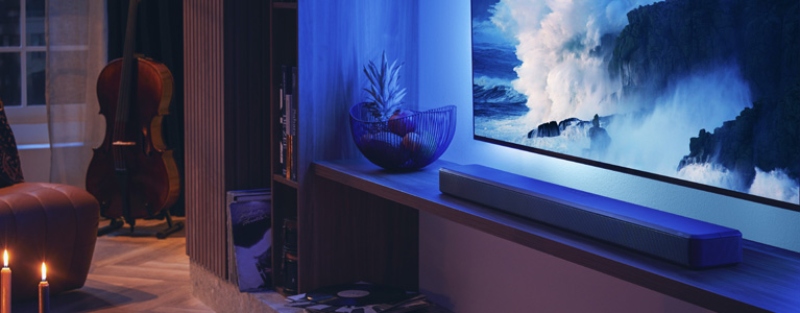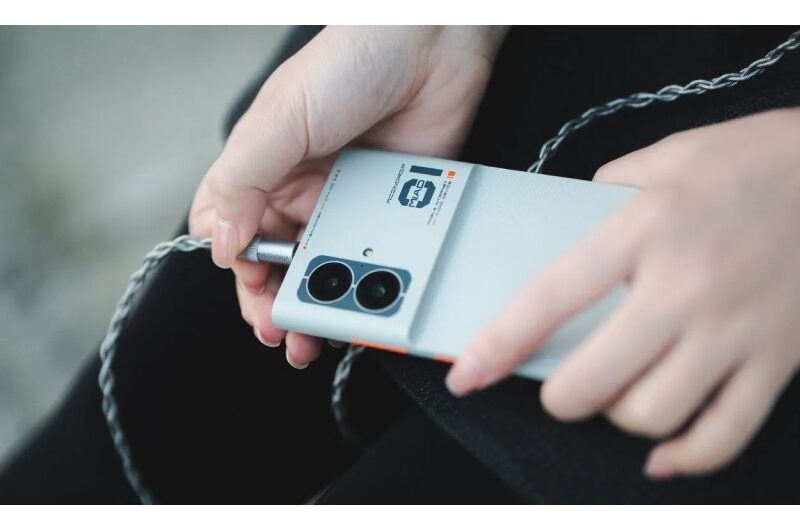According to a source, OpenAI intends to release Sora, its most recent generative artificial intelligence (AI) model, later this year. The business claims that Sora, a text-to-video generator powered by AI that was unveiled last month, can produce videos up to 60 seconds long-far longer than any of its competitors in the market. The Chief Technical Officer of the AI company disclosed in a recent interview that Sora can produce videos in a matter of minutes, dependent upon the complex nature of the given prompt. The conversation also touched on issues including Sora’s potential pricing point, the model’s errors, and the data that was used to train it.
When asked when the AI video generator would be accessible, OpenAI CTO Mira Murati responded, “I’m hoping definitely this year, but could be a few months,” in an interview with The Wall Street Journal. When asked if the company would consider the November 2024 US presidential election when deciding when to release the AI model, Murati responded that the company requires misinformation and harmful bias seriously and added, “We will not be releasing anything that we do not feel confident on how it might affect global elections.”
Murati was also questioned over the data source used to train Sora. The Italian data protection watchdog, which is looking into potential data breaches by OpenAI, is also interested in this topic. The AI company was given 20 days by the regulators to submit details about the AI video creator.
Murati also seemed to withhold information from the interviewer, only stating that the AI model was trained using data that was licensed to the company and was in the public domain. Additionally, she acknowledged to the publication that Sora used imagery from Shutterstock, with whom they have a partnership, but she was unsure if data from Facebook or YouTube was used.
According to Murati, Sora is also a relatively costly model to run in comparison to other OpenAI tools like ChatGPT and DALL-E. While Sora is essentially a research result, ChatGPT and DALL-E are designed with the general public in mind. It costs a lot more money, the CTO informed the WSJ. Although the price of the AI video model has not yet been decided upon, Murati stated that the business hopes to provide the model for release at a price range comparable to that of DALL-E. Currently, the DALL-E 3 model’s base price per image with a resolution of 1,024 × 1,024 pixels is $0.040 (around Rs. 3).
The OpenAI CTO also stated that the business was trying to enhance Sora’s audio capabilities, optimize generating time and cost-effectiveness, and make more advancements to reduce flaws.
Topics #AI #Artificial Intelligence #news #OpenAI #Sora #Sora AI #Video Generator #Video Generator AI










